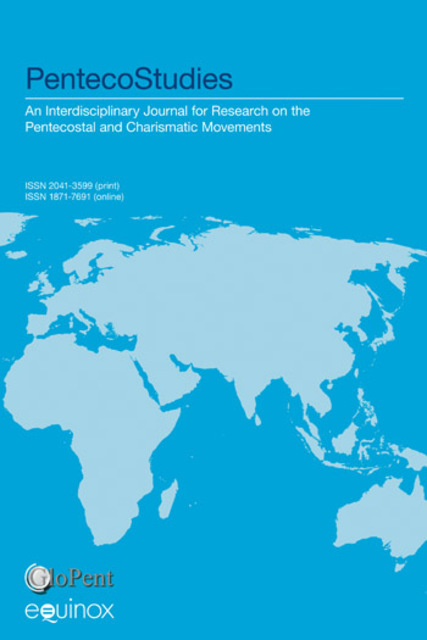Together with God: Lived Religion among Women in Middle-Class Pentecostal Churches in India

Full description
Indian Pentecostalism has been considered a religion of the poor and low caste since its inception in the beginning of the twentieth century. However, over recent decades, middle-class Pentecostalism has established itself as an integral part of the Indian Pentecostal movement. Proceeding from a lived religion perspective, this article explores how women in middle-class churches express and practice their religion in their everyday lives. More precisely, it focuses on four defining features of the women’s lived religion (following God’s plan, tending to the relationship with God, overcoming everyday challenges, and transforming the self). An argument that will run through the article is that the women’s way of “doing religion” is contingent upon what they experience as the actions of God, an agentic interplay that I conceptualize as “collateral agency”. The study is based on six-month-long fieldwork in the North Indian city Gururgam, including, among other things, interviews with 30 women in two middle-class Pentecostal churches.
- typeImage
- created on
- file formatjpeg
- file size63 KB
- container titlePentecoStudies
- creatorJulia Kuhlin
- issn1871-7691 (online)
- issue20.2
- publisherEquinox Publishing Ltd.
- publisher placeSheffield, United Kingdom
- rightsEquinox Publishing Ltd.
- volume
- doi
We use cookies to analyze our traffic. Please decide if you are willing to accept cookies from our website. You can change this setting anytime in Privacy Settings.
